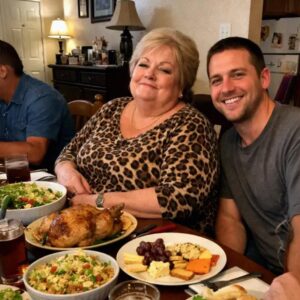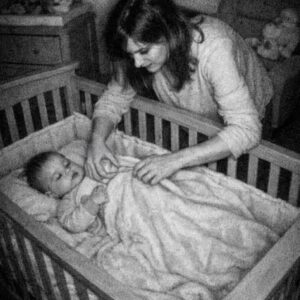When Harold died, I thought grief would be the hardest part—but I was wrong. As I held his hand on the porch during his final days, we spoke of barns, broken thumbs, and Sara—always just skirting the edge of what was unsaid. Sara had been mine once, before she quietly chose him. I stepped back, became the uncle, the helper, the shadow beside their life. When their daughter, Ellison, was born, I held her like something both precious and distant. After Sara passed and Harold grew sick, I stayed. We laughed, fed chickens, and slowly unraveled time together—until his final breath and a whispered plea: “Reach her, if you can.”
At the lawyer’s office, Ellison sat like stone, all city polish and cold steel. Harold had left her the farm—with one condition: I had the right to stay as long as I lived. She didn’t hide her contempt. “He always chose you,” she snapped. “Even Mom did.” Her offer was simple: sign it away for cash, or she’d make life difficult. I returned to the farm and found Harold’s last note in his jacket—buried deep in the barn, inside a dusty chest. In it, he confessed what none of us ever said aloud: Sara had been pregnant when she left me. Ellison was my daughter.
The words cut deeper than grief ever could. Harold had raised her with love, carried the weight of a lie to protect what little peace we all had. Now, it was my truth to carry—and hers to know. When she returned with her own letter from Harold, we exchanged our truths in silence. She read. I waited. And when her tears came, they weren’t just for Harold—they were for the years lost, the lies told, and the family we never knew we were.
“I’m not staying full-time,” she said quietly. “But I want this place to feel like home again.” I nodded, heart lighter than it had been in decades. “That’s all it ever needed.” We laughed about chickens and honey-sweet tea as we stepped back inside—two people, finally tethered not just by blood, but by truth, forgiveness, and the shared hope of something healing.





